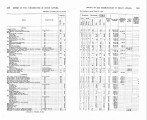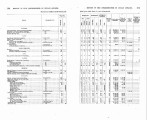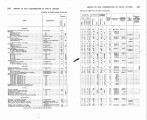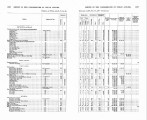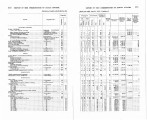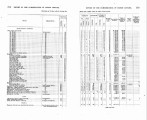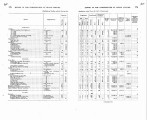| OCR Text |
Show but that they were obdurate and insisted upon going into the Rosebud Indian country. He was urged to impress upon the Indians the futility of proceed-ing on their journey and the desire of the Office that they return to their home and allotments. On August 24, 1906, he wired that the Absentees were absolutely immovable in their intention to continue their journey; that they were preparing to move eastward, either to the Rosebud Reservation or the Black Hills; that as allottees, and therefore citizens, they in-sisted on their freedom to go where they pleased, and that though * they had not yet committed depredations they would be forced to do so when their present supplies were exhausted. On August 25, 1906, Hon. B. B. Brooks, governor of wydming, telegraphed that about 300 Utes, who had been camped along Flat River, near Douglas, Wyo., for several weeks were then heading across the country toward Little Water, that the settlers would not permit trespassing, and that he feared serious trouble. He asked this Department to remove the band from Wyoming. Captain Hall was at once instructed by telegraph that if he were absolutely certain of his inability to induce the Indians to abandon their inten-tion, he should warn them that if they persisted in disregarding the wishes of the Office they would have to take the responsibility for anything which might happen to them; that he should explain, also, that the citizenship to which they attributed their independence had its burdens as well as its privileges, and that as citizens they were liable to punishment by local authorities for any unlawful acts they might commit. . Two days later the governor of Wyoming was advised of the action of the Office, which expressed its attitude thus: As long as they [the Indians] are peaceable and do not threaten hostility it does not seem that the Federal Government would be justifled In Interfering with them. Moral suasion has been used with little apparent effect in inducing them to return to their homes, and It would therefore seem at present that the case is one for the local authorlties rather than for this Department In a letter to the Department dated September 17, the governor again set forth the serious aspect of the matter, saying that neither the county nor the State authorities were able to cope with the situa-tion, and urging the n d t y for Federal action. The next day Hon. F. W. Mondell, Representative from Wyoming, wrote the Office that reports had been received of many small thefts and depredations committed by the Utes; that their presencc was a constant source of irritation and menace to the settlers, and that serious trouble was expected if they were not soon. removecl from Wyoming. The Department answered that Inspector James Mc- Laughlin had been directed to proceed immediately to Casper and hold a conference with the Indians in the hope of persuading them to |

































































































































































